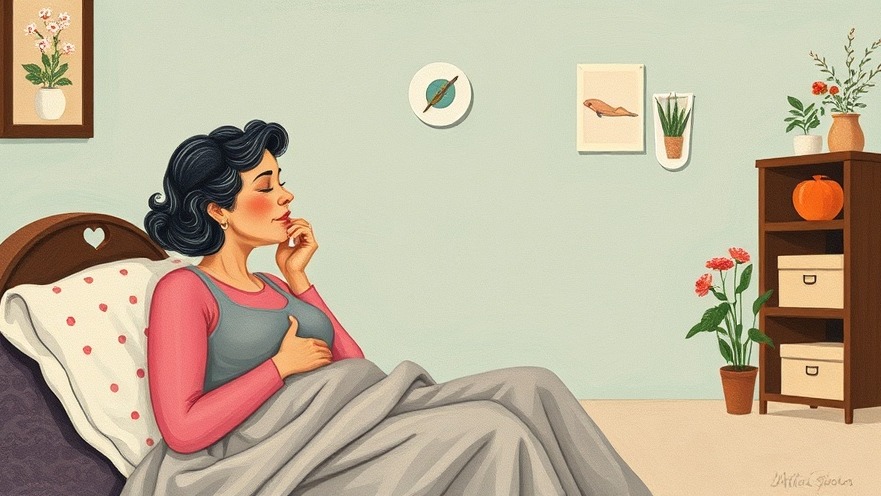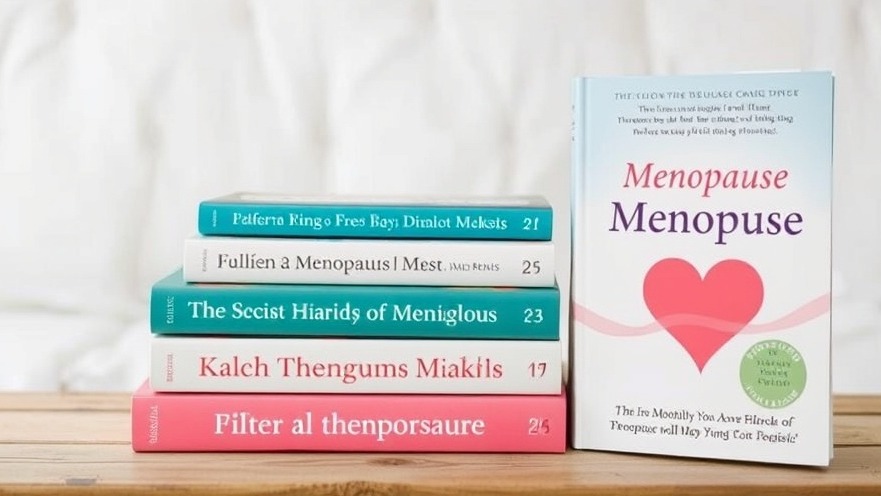
Unlocking the Secrets of Your Morning Coffee
For many women navigating through the changes of perimenopause and early menopause, morning rituals can signify more than just the start of another day. A recent study from Queen Mary University of London highlights that a simple cup of coffee may play a crucial role in not only boosting energy but also promoting longevity. As we delve into this exciting research, it becomes clear that caffeine has depth beyond the immediate jolt it provides.
Caffeine's Ancient Connection to Longevity
According to scientists studying the effects of caffeine on fission yeast cells—organisms surprisingly similar to human cells—it turns out that caffeine influences an ancient cellular mechanism linked to energy regulation. This mechanism, controlled by a cellular fuel sensor known as AMPK (AMP-activated protein kinase), helps cells manage stress and energy levels. Activation of AMPK, rather than the previously thought TOR (Target of Rapamycin), is crucial, enhancing cell growth, DNA repair, and the overall response to stress—all factors that directly relate to the ageing process.
The Women’s Health Perspective: Why It Matters
This discovery carries significant implications for women in midlife who may be grappling with hormonal changes impacting energy levels and overall health. Understanding that caffeine consumption has benefits at the cellular level can empower perimenopausal women to use their daily coffee to their advantage, turning a mere ritual into a proactive health strategy.
Future Research Directions: Can Coffee Be a Lifespan Booster?
The study sparks questions about how lifestyle choices, such as diet and exercise, coupled with caffeine intake, can contribute to healthier ageing. Future research may explore best practices and even dietary supplements that enhance these beneficial effects, making it an exciting field to watch for those invested in longevity and health.
As this research unfolds, consider how you can embrace your coffee routine beyond just morning alertness—view it as part of a holistic approach to managing your health in midlife.
 Add Row
Add Row  Add
Add 




Write A Comment